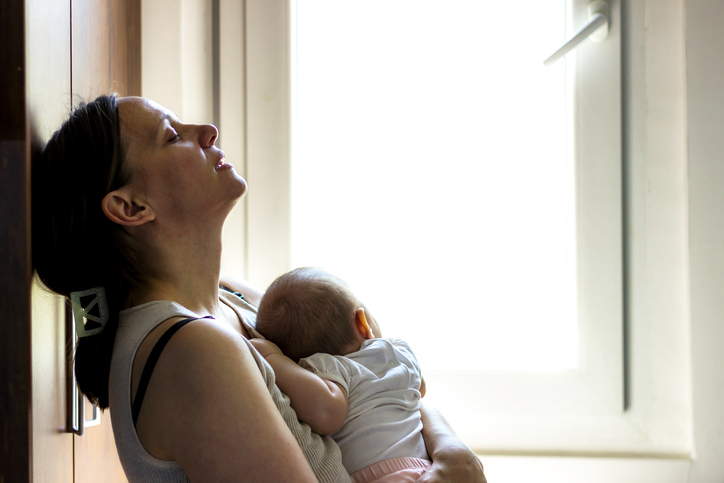If you are wondering how to put a child up for adoption, there are many things you need to consider. These include choosing the right family, dealing with the difficult emotions, and making pre-placement contact.
Pre-placement contact
Pre-placement contact when putting a child up for adoption can be an important step for both the birth parents and the adoptive family. It allows a prospective birth parent to ask questions about the child, and to reassure the birth mother that she made the right choice for her baby.
When developing a pre-placement plan, keep in mind the age of the child. You may want to start with a short day visit, then gradually increase the frequency and distance of visits.
The adoption specialist will work with you to develop a preliminary pre-placement plan. The plan will include a number of steps designed to gather information and prepare the child and caregiver for the arrival of a new family.
As part of the process, the adoptive family will be required to give the prospective birth parents a phone number. This can be a separate number or a personal email address.
Throughout the process, the adoptive family will receive an email newsletter from the Waiting Children Newsletter. These newsletters feature children in need of an adoptive family.
Counseling
Adoption is an emotional decision, and it is important to have support in place before, during, and after the process. A specialized adoption counselor can provide thoughtful and private support.
Adoption is a life-altering decision. It requires sacrifice and involves a lot of natural emotions. Counseling can prepare adoptive parents for the realities of their decision and help them cope with the changes. The right counsel can also aid in identifying the best pregnancy options.
Adoption counseling can provide support to both the prospective birth mother and the adoptive family. It can also help the expectant mother understand her rights and the implications of her decision.
Some people choose to seek the services of a licensed marriage and family counselor, a pediatrician, or a social worker to help with their adoption decision. The counselor will talk to you about your situation, your beliefs, and your feelings. They can provide you with resources, reading material, and support groups.
Another option is to visit a pre-adoption support group. This can help you decide if you are comfortable with the idea of adoption, and it can be a great place to make friends.
Choosing the right family
One of the most important decisions in the adoption process is choosing the right family for your child. Your choice will have a large impact on you, your child and your adoptive family. You need to be able to trust your gut. There are some simple things you can do to find the perfect family for your baby.
First, you need to do your homework. Find a professional who specializes in adoption and can help you make an informed decision. Ask for referrals from people you know, or even from your doctor.
Second, be sure to consider the family’s values. These can be religious, cultural or secular. For example, you may want a family with pets and a Christmas tradition. If you live in a small town, you may want to consider a family from a different state.
Third, look for a prospective family that will support your goal to update them on your progress in the adoption process. Some families will require a video chat or occasional email updates, but you should also consider a family that will allow you to meet in person.
Coping with the difficult emotions
The emotions that arise in adopting a child can be complicated. Often times, parents are not prepared for the emotional impact of adoption. There are a number of resources available to help you navigate this difficult time.
One of the most important things that you can do to manage the emotional effects of adoption is to acknowledge your feelings. Adoption is not a decision to be regretted. It is a commitment to give a child a loving and stable home. You should also seek professional help. A trained adoption counselor can offer support to families in coping with the difficult emotions of adoption.
There are different stages of the grief process that people may experience. Each person will go through them in a different order. Some will remain in one stage for longer periods of time than others. However, there is a progression that is common to most people.
These stages include: guilt, anger, fear, and acceptance. As you become more knowledgeable about your decision, you will likely be able to move from guilt to hope.









